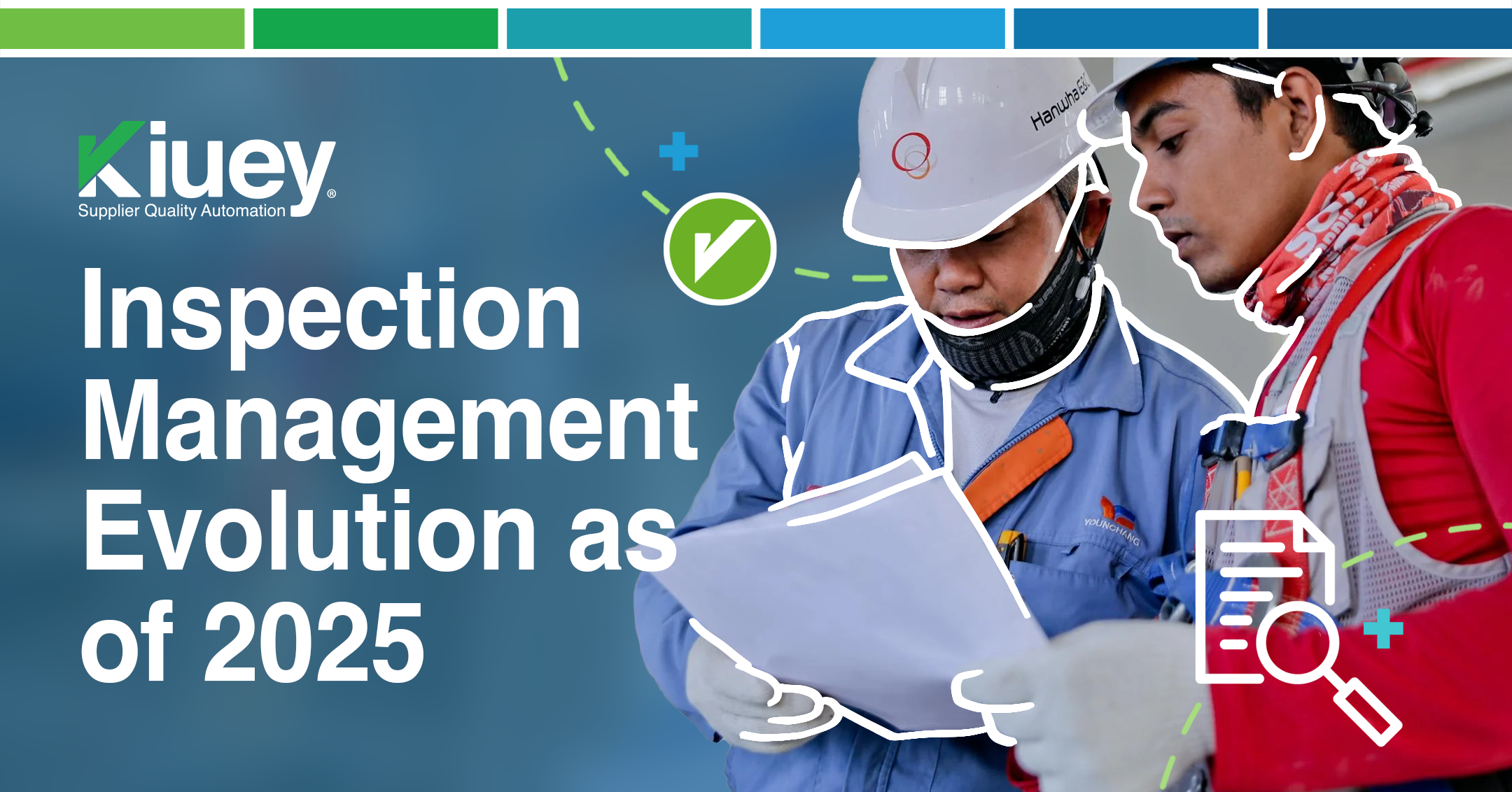Inspection Management Evolution as of 2025

Inspection management remains a cornerstone of product quality, safety, and regulatory compliance. As technology advances, inspection processes are evolving rapidly, demanding a shift towards more intelligent, efficient, and data-driven approaches. This article explores emerging trends in inspection management and highlights how modern software solutions can help organizations achieve their quality objectives cost-effectively.
The traditional, manual approach to inspection often involves time-consuming paperwork, increased risk of human error, and limited data analysis capabilities. Digital inspection management systems are revolutionizing this landscape by enabling real-time data collection, automated reporting, and advanced analytics. This transition not only enhances accuracy and reduces operational costs but also streamlines workflows, improving overall efficiency.
Key Trends Shaping the Future of Inspection Management:
- Artificial Intelligence (AI) and Machine Learning (ML): AI-powered systems are transforming inspection by analyzing vast datasets from images, videos, and sensor readings to identify defects, predict equipment failures, and monitor production lines in real-time.
- Internet of Things (IoT): IoT devices, such as sensors and cameras, integrated into the production process, provide real-time data on critical parameters like temperature, humidity, and vibration. This data stream enables continuous monitoring of product quality and early identification of potential problems.
- Blockchain Technology: Blockchain enhances the transparency and traceability of inspection data by creating a secure, immutable record. This ensures the authenticity and integrity of inspection records, crucial for maintaining trust and compliance.
- Augmented Reality (AR) and Virtual Reality (VR): AR can overlay digital information, such as inspection checklists and instructions, onto the physical environment, guiding inspectors through the process. VR can create realistic simulations of production environments, enabling effective training and skill development.
- Cloud Computing: Cloud-based platforms provide centralized data storage and access, enabling seamless collaboration among teams and improving the flexibility of inspection processes.
- Mobile Inspection Solutions: Mobile devices empower inspectors with the ability to conduct inspections remotely, improving flexibility and reducing delays. Real-time data entry and instant reporting further enhance productivity.
Benefits of Modern Inspection Management Systems
- Centralized Data Management: Real-time access to all inspection data from a single platform.
- Customizable Workflows: Flexible workflows tailored to specific business requirements and industry standards.
- Automated Reporting: Instant generation of accurate and comprehensive inspection reports.
- Enhanced Compliance: Built-in tools and features to ensure adherence to industry regulations and standards.
Conclusion
The future of inspection management lies in embracing digital transformation, automation, and data-driven insights. By leveraging advanced technologies like AI, IoT, and cloud computing, organizations can streamline their inspection processes, enhance quality, and gain a competitive edge. Modern inspection management software provides a robust platform for businesses to navigate these trends effectively, achieve their inspection objectives efficiently, and drive sustainable growth.
Subscribe to our newsletter.
Your go-to destination for insights, best practices, and innovative solutions in supplier quality assurance.
Categories
Let's talk to see how PPAP Manager can help your company to save time and money.




